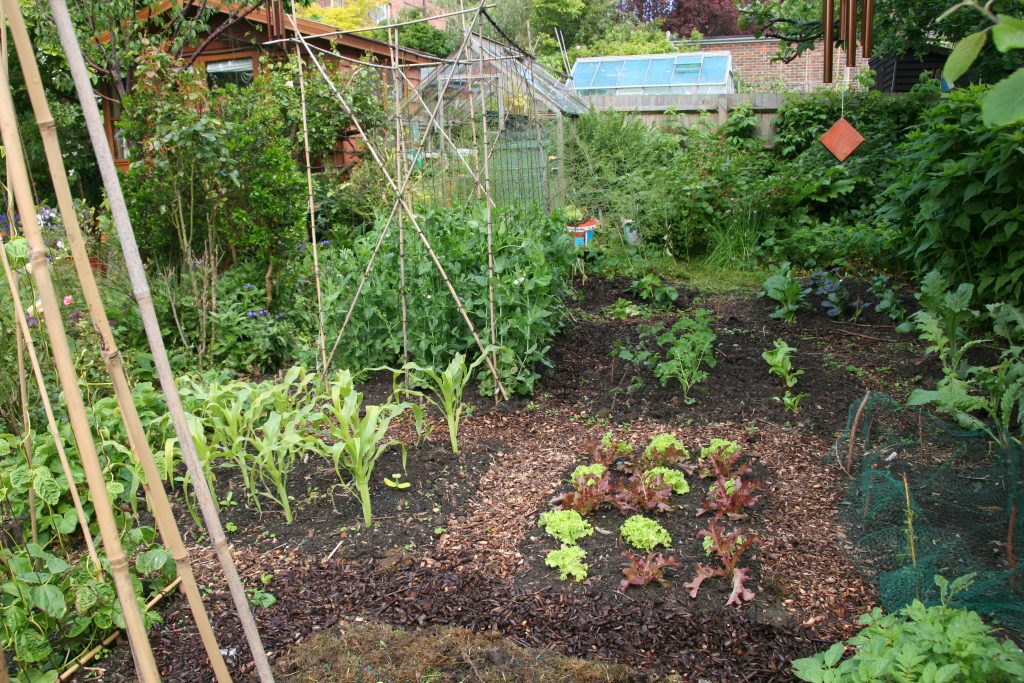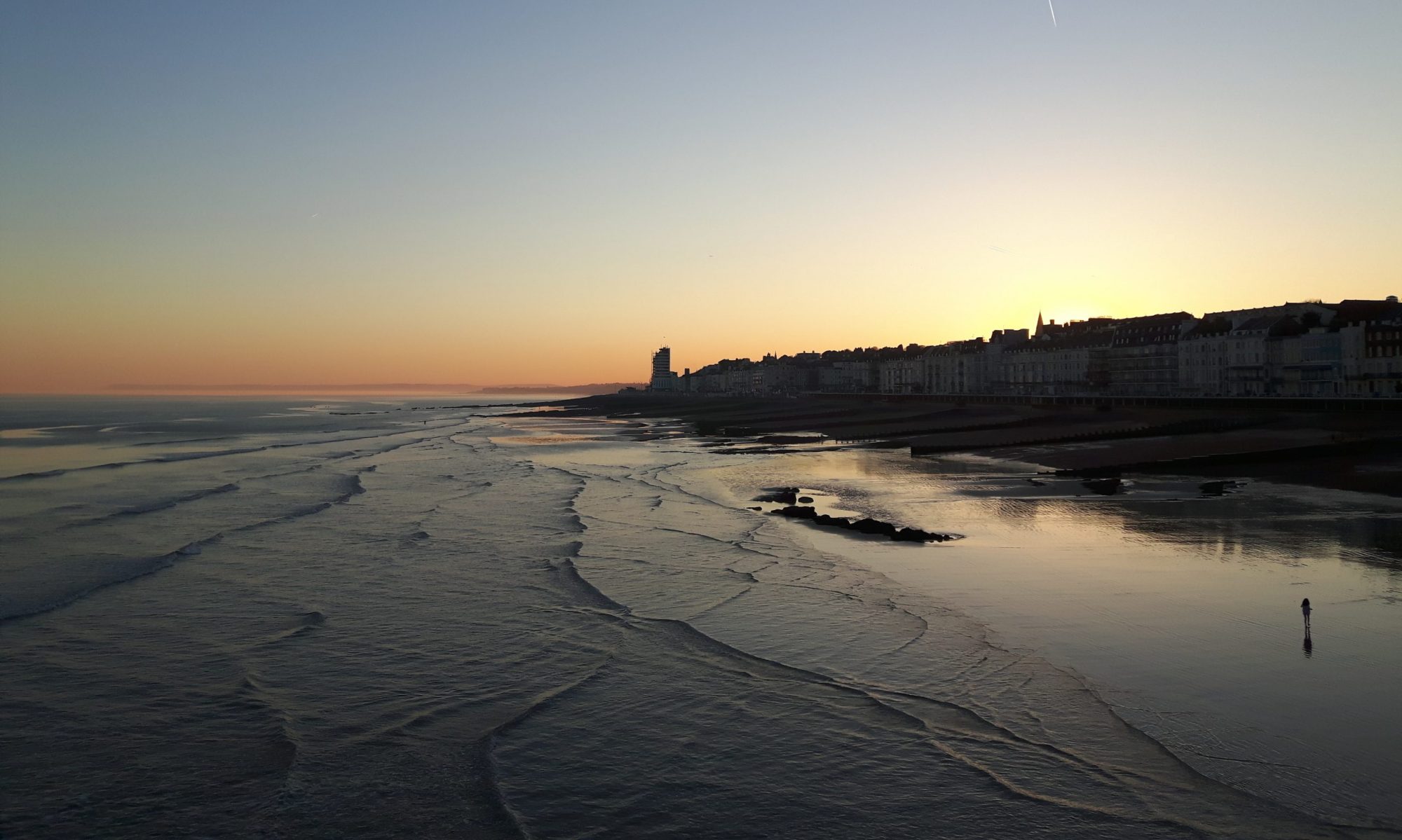
There’s been a lot of talk about how things will be different after lockdown, with various commentators putting their own prognosis on how we’ll all be better people in a better world when all this is over. I did at first doubt it, whether this Coronavirus pandemic would make any difference at all, or whether we’d all have forgotten about it in a year’s time. That seems unlikely now – there will I believe be lasting effects, but it’s far from clear what they will be.
The first thing is to qualify what we mean by ‘the world’. For those living in less developed countries, where the daily struggle to get enough food and clean water is the biggest challenge, and where other diseases are a far bigger threat, CV19 probably won’t change anything much. In Africa, fifty times more deaths will have resulted from Malaria than CV19 over the last two months. Let’s hope this developed-world crisis will make us realise what people in some parts of the world have to face every day, not just during this pandemic.
For us in the UK, there are a lot of questions that will need to be answered. Why was our approach to containing the epidemic significantly different from other European countries in the early stages, especially the decision to end mass community testing on March 12th? The mortality rates of those admitted to hospital seems high, at more than 30% – how does this compare to other countries? Why have 10% of the CV19 deaths worldwide occurred in the UK, when we comprise only 1% of the world’s population? And much more.
Contributing factors to our disproportionately high death toll begin back in the 1980s. The privatisation of adult social care under the Thatcher government, and the cost-cutting that went with it, has led to that sector not coping with routine pressures long before the CV19 crisis. That has now proved to be catastrophic, with privatised care homes unable to keep their residents safe. Ten years of austerity cuts to the NHS can’t have helped, and the systematic destruction of the manufacturing sector in the 1980s also left us with an inability to make the things we needed early in this crisis, from PPE to the reagents for CV19 test kits.
And yes, I do believe that Germany was helped by having a leader who was a trained scientist. A detailed knowledge of the Pyrrhic War and an ability to quote Plato doesn’t help much when you’re trying to get your head around intricate questions of virology and epidemiology. The fact that neither the Prime Minister nor the Health Secretary have any formal scientific training would not have made for the best decision-making.
The analysis of all these factors will lead to lasting changes – it has to. Hopefully, it will lead to a rebuilding of our manufacturing sector to create a sustainable future, in line with the Green New Deal proposed in the last Labour manifesto. And we must now reverse the privatisation of social care by creating a national social care service, integrated with the NHS. I’ll be expecting Keir Starmer to take all these issues up. The Labour manifesto included many policies this crisis has shown to be desperately needed. He needs to be pressing for them now.
Our own behaviour will change too. It seems very likely that more people will work from home, now both employees and employers realise that could save them a fair bit of money. But I’m not sure that will mean a reduction in car journeys, at least not initially – people are likely to jump into their cars more often when lockdown is over, as they’ll be reluctant to travel by public transport and risk infection. Air travel seems unlikely ever to recover to its former levels, which can only be a good thing, and a third runway at Heathrow is thankfully now just a silly dream. Our town centres will never be the same again, as people stick with the habit of buying ‘stuff’ online, and realise they don’t need to go to town to do that, and it was never much of a leisure activity anyway. The future of pubs and cafes seems to be in question, but my guess is that they will bounce back, eventually, when social distancing is relaxed, probably after a vaccine becomes available. It’s possible we’ll exercise more too – many people seem to be taking their one hour’s exercise a day when they would never have considered even walking to the end of their garden before lockdown. And it remains to be seen whether the big reduction in strokes and heart attacks presenting at hospital A&E is caused by people not seeking help when they should, or whether there is a genuine reduction because people are less stressed.
More broadly, it’s difficult to say whether our behavioural changes will stick. There’s no doubt that many of us have rediscovered our love for home and garden – the unavailability of flour and potting compost testify to that. We’re digging vegetable plots, baking bread, and building chicken coops. Will we still all be enjoying cakes from our home-grown eggs and fruit when all this is over? I hope so. It will make us better people.
And what of the new-found love for our neighbours, the Thursday evening applause for the NHS, the support and co-operation within our communities? Will that remain? I’m not so sure about that. This crisis has brought out the worst in some, as well as the best in others. From the driver caught doing 130 mph in a 40 mph limit to the nursery workers who refused to look after the children of NHS staff, not everyone has been a hero. But many have, in their own small way, whether it’s getting groceries for an elderly neighbour or sharing those home-grown vegetables – believe me, my entire street will be sick of courgettes if this goes on into Autumn. And of course, the health and other front-line workers, who have sacrificed so much for the rest of us, including in many cases their lives. Maybe that will make us remember what’s really important. Can you ever imagine your neighbourhood coming out onto the street to applaud hedge fund managers?
But behind all this remains one big, continuing challenge: climate change. It’s still the biggest threat to our species, far greater than CV19. And it’s far from clear what the impact on climate change will be as we emerge from this crisis. The rush for economic growth could push climate considerations into the background – pollution levels in affected parts of China are already back to pre-lockdown levels. This does seem like an opportunity to switch to sustainable economic growth. And we’ve learned one big thing from this crisis: when governments are really under threat, the money can be found. The laws governing how a virus replicates or how the earth is warming are natural, we can’t change them. The laws that govern our economy are of human construct, we can change them. And change them we must.
So the long-term changes that emerge from this pandemic are far from clear, and not automatic. We can make a better world, but we will need to shape it for the better. To push them in the right direction will require community and political pressure, in which we’ll all need to play our part. We can’t just let it happen. We need to make sure lasting change benefits the many, not the few. And it must be change that benefits not just our species, but all life on earth.
